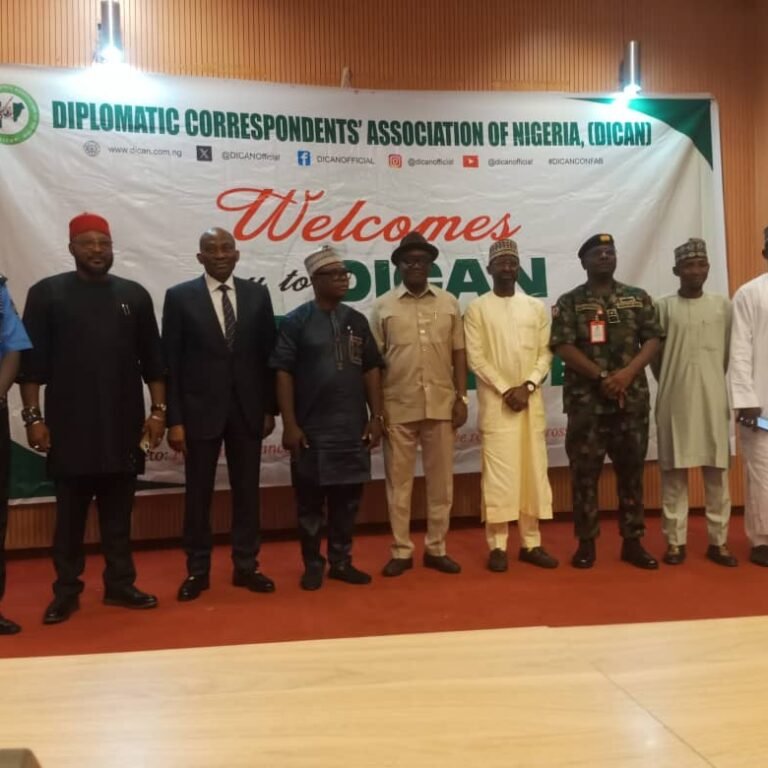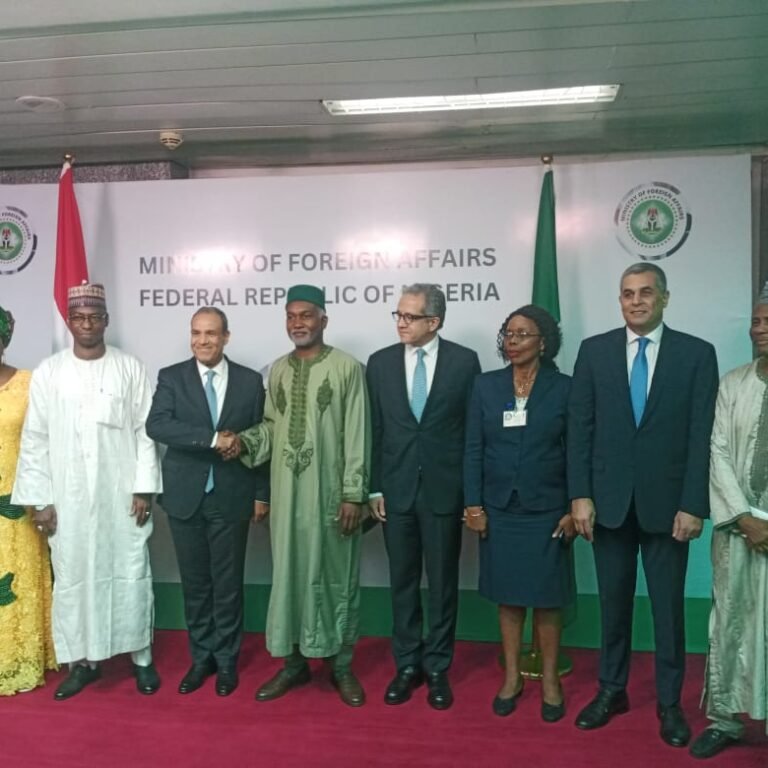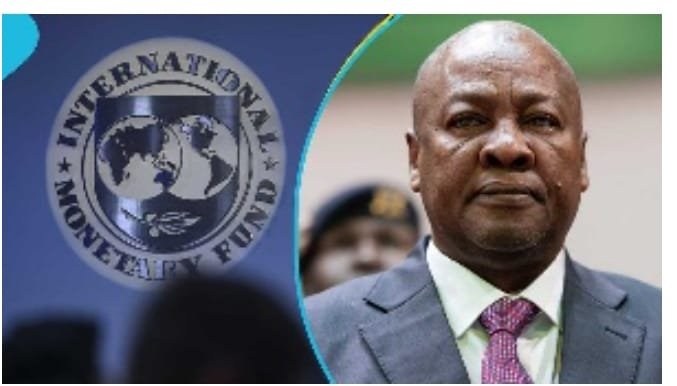
The Council of Ministers of the Economic Community of West African States (ECOWAS) has held an Extraordinary Session in Accra, Ghana, to address the regional implications of the withdrawal of Burkina Faso, Mali, and Niger from the bloc.
The meeting comes in response to the formal notifications submitted by the three Sahelian nations earlier this year, following political shifts in their respective countries. The session aimed to assess contingency plans and chart a clear path forward, especially regarding the relocation of ECOWAS institutions currently situated in the withdrawing countries.
This was contained in a statement signed by Alkasim Abdulkadir Special Assistant on Media and Communications Strategy to The Honorable Minister of Foreign Affairs.
Chairing the session, Nigeria’s Minister of Foreign Affairs, Ambassador Yusuf Maitama Tuggar, thanked the Ghanaian government and people for their hospitality and praised the country for hosting the high-level talks. He also commended Ghana and the ECOWAS Commission for the successful launch of the “ECOWAS at 50” celebrations, calling it a timely reminder of the bloc’s enduring legacy and future ambitions.
“This gathering is a testament to our shared resolve to safeguard the ECOWAS vision,” said Tuggar in his opening remarks. “It reflects our commitment to regional unity, peace, and integration.”
The extraordinary meeting followed directives from the Authority of Heads of State and Government issued at the 66th Ordinary Session, mandating the Council to formulate a comprehensive exit strategy. As part of this process, the ECOWAS Commission was tasked with presenting detailed memoranda addressing the legal, administrative, and logistical implications of the withdrawals. These include the suspension of ongoing programs in the exiting states, as well as concerns about the disruption of the free movement of people, goods, and services.
High on the agenda was the potential relocation of ECOWAS institutions and agencies based in Mali, Niger, and Burkina Faso. The Council examined viable alternatives to minimize operational disruptions and maintain continuity of service delivery across the region.
Acknowledging the seriousness of the moment, Ambassador Tuggar described the session as a “painful but necessary” step in confronting an evolving regional reality.
“It was never our intention to discuss the withdrawal of member states, but we must acknowledge the sovereignty of these nations and respond with resilience,” he stated.
Despite the setback, the ECOWAS Chair urged the Council to seize the moment as an opportunity for renewal and institutional strengthening. He emphasized that ECOWAS remains the most integrated regional bloc on the continent, anchored in shared goals of political stability, economic development, and regional solidarity.
“As we navigate these uncertain times, our duty is to preserve the ECOWAS legacy and ensure it thrives for generations to come. We have overcome tests before and we will overcome this one,” he said.
Tuggar concluded by urging ministers to engage in frank and constructive dialogue, stressing that ECOWAS remains the primary forum for tackling West Africa’s collective challenges.
“Membership, as the saying goes, comes with privileges and responsibilities,” he added, reinforcing the value of unity in facing regional disruptions.








